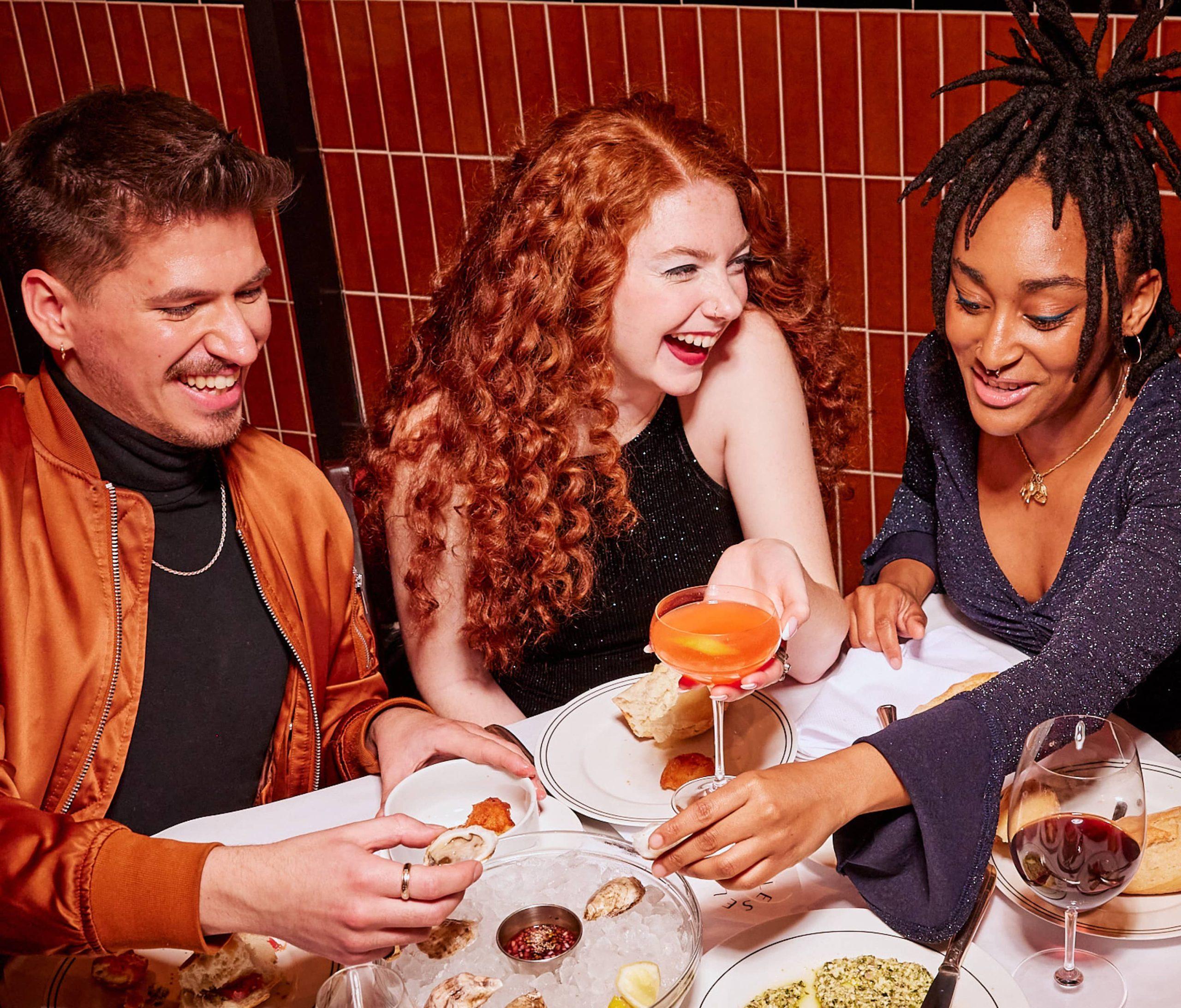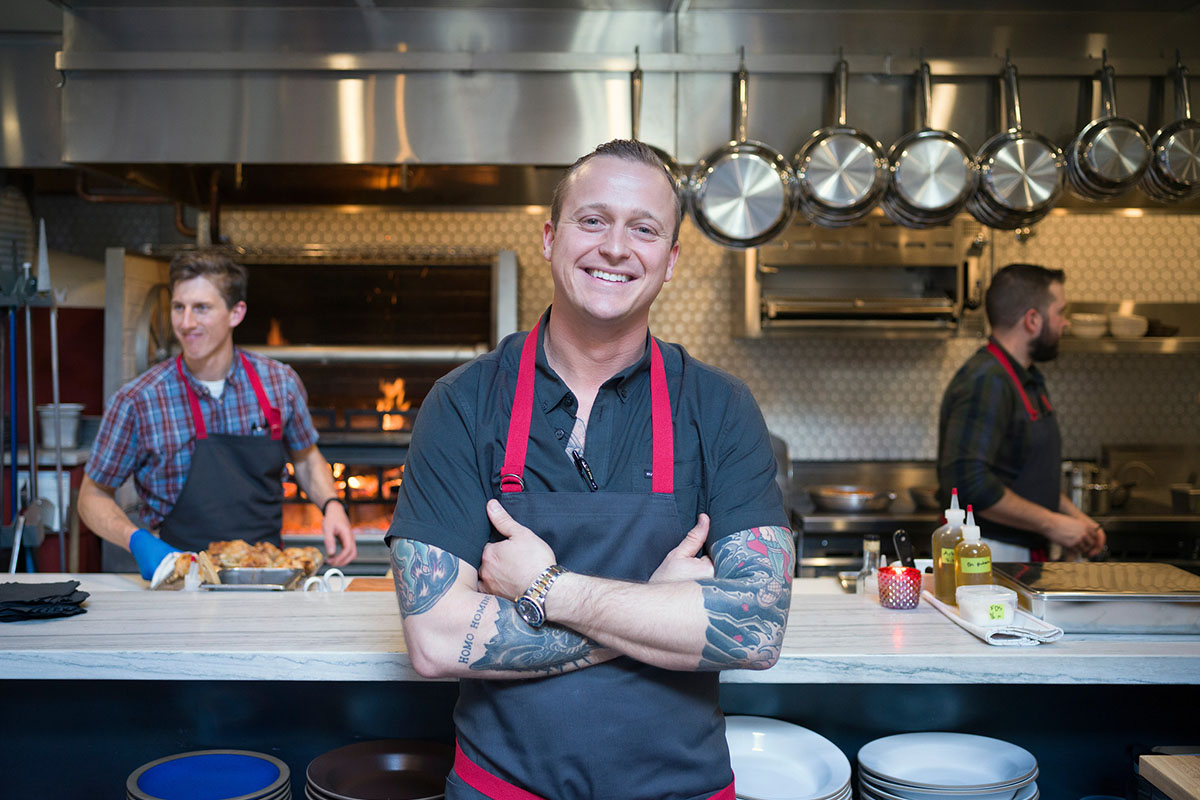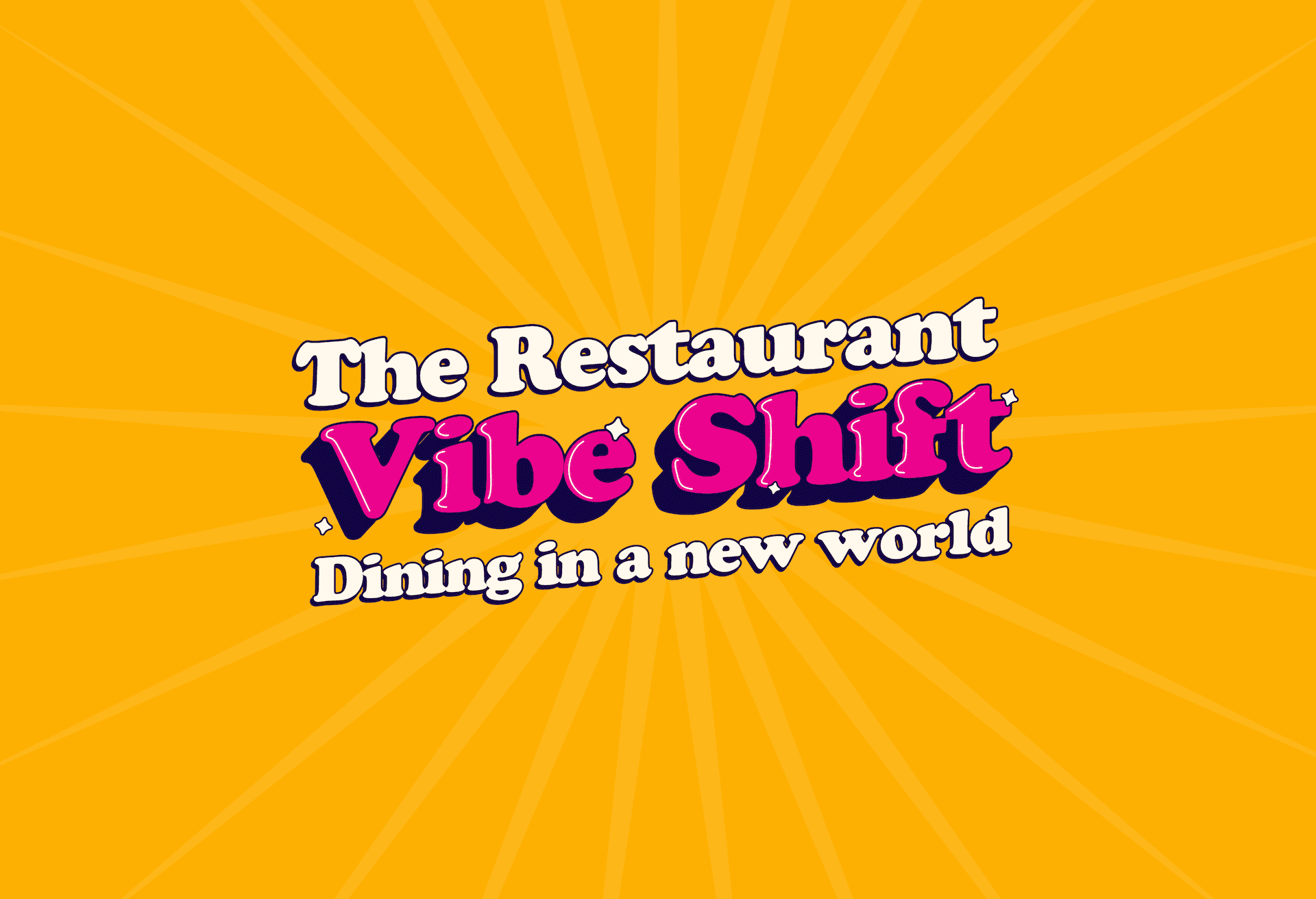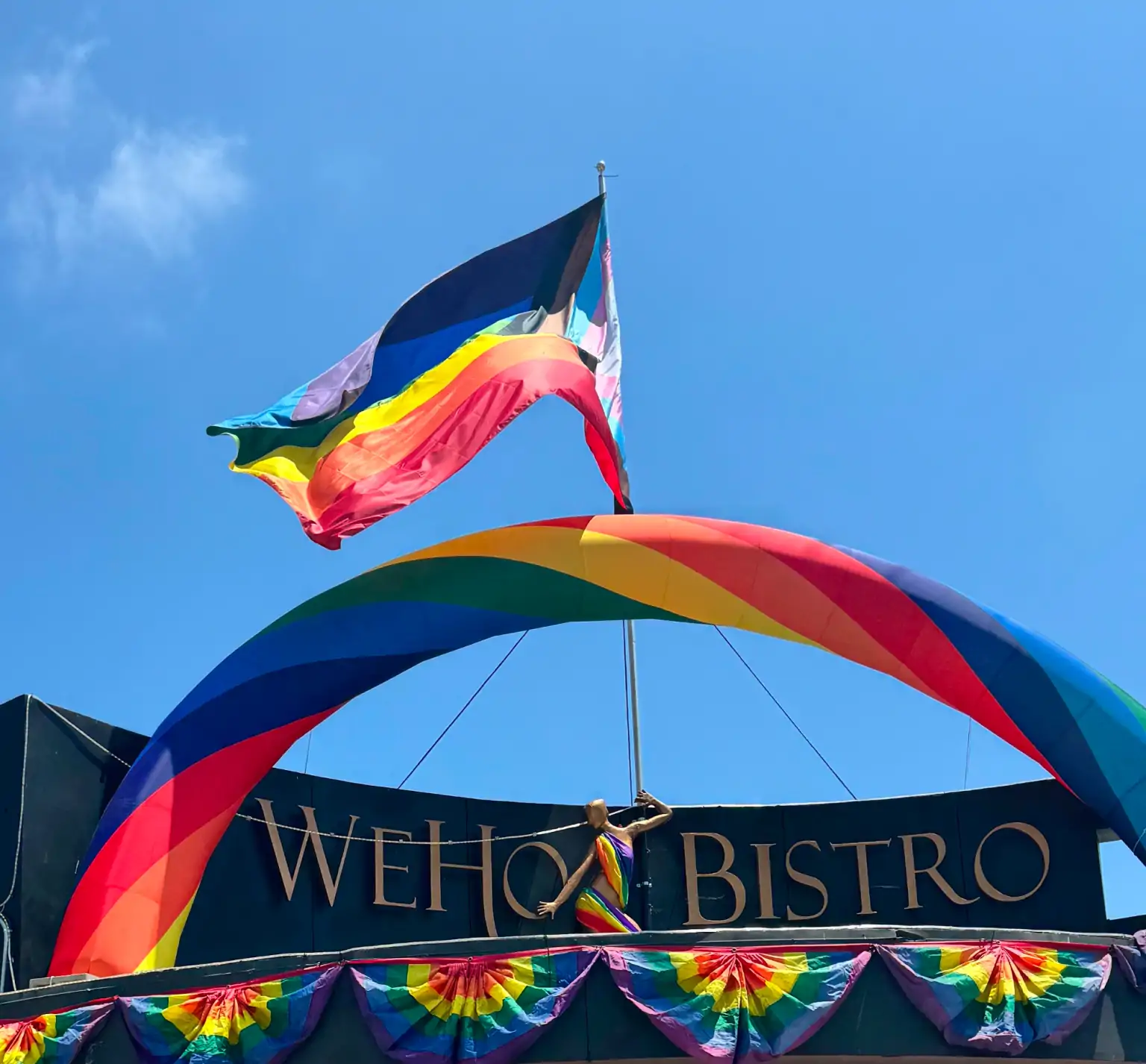Editor’s note: During this uncertain time, OpenTable is working around the clock on ways to support restaurants. Currently, we’re heavily promoting delivery and gift cards; offering fee relief to impacted restaurants; working with local restaurant associations; and we have a whole lot more in the works. But we also want to highlight some of the great actions restaurants are taking to continue to support their community. If you have an example of what you or a restaurant you love is doing, write to us at blog@opentable.com for a chance to be featured.
When chef David Nayfeld was forced to shutter his San Francisco Italian restaurant due to the COVID-19 (coronavirus) outbreak, he racked his brain on how to keep helping the community. That’s when he heard from one of his investors, a Twitter co-founder, who with his wife pledged $2,000 a day to have Nayfeld cook free meals for those in need. Once another investor heard about the pledge, he and his wife added an additional $2,000 a day. Now, anyone who wants to buy a meal from Che Fico can also pledge an additional $50 to give a family a meal. The result is the ability to feed at least 120 people from the Che Fico kitchen — all for free — while also keeping Nayfeld’s management team employed.
“It has been incredibly heartwarming,” Nayfeld says. “Tuesday was the first night, so our hope is that the word keeps snowballing and that people keep hearing about it.”
Nayfeld, along with his business partner Matt Brewer, isn’t alone in this style of help. Across the country, chefs and restaurants are finding creative ways to contribute to their community during this unprecedented time. Humanitarian chef José Andrés is using his foundation to organize meal deliveries for the needy. A San Diego restaurant group is giving away food to first responders, and a Seattle restaurant has turned into a community kitchen. Restaurants in Seattle, D.C., and Portland are giving away free food to anyone in need via donations. Others are adding free toilet paper to delivery orders. In ways big and small, restaurants are going above and beyond to keep providing support to their communities.
Diners are getting in on the action, too, leaving unusually large tips for service workers, some to the tune of nearly $10,000. One anonymous diner’s $9,400 tip at Houston restaurant Irma’s Southwest Grill ensured around $300 for every employee. Countless are donating to organizations that feed the needy, such as Meals on Wheels and World Central Kitchen.
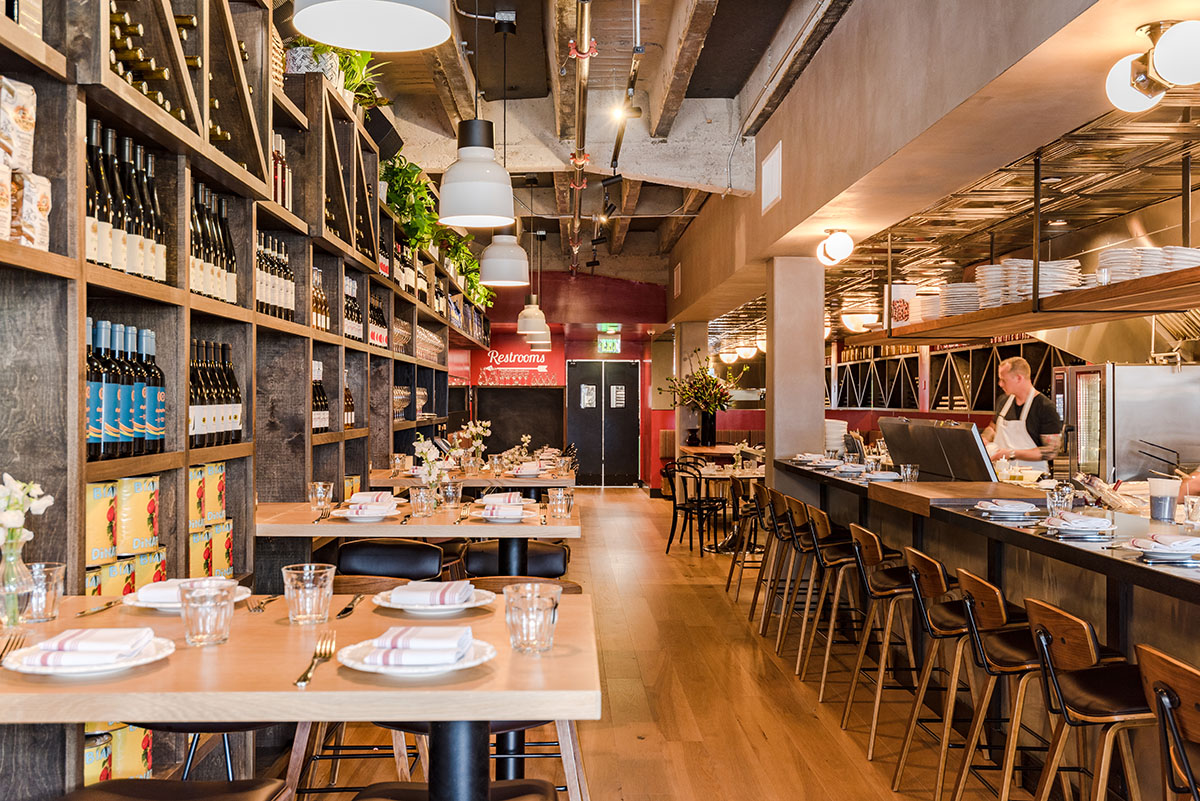
This good samaritan-style work is especially astounding given the challenges facing restaurants right now. Many have been forced to shutter and lay off staff who now have no income, while others have kept barebones operations alive through takeout and delivery.
Outside organizations have stepped in to help. Many have started funds for restaurant workers, while others are giving loans to small businesses. Meanwhile, Nayfeld says keeping small operations like takeout and delivery going is a way to at least have “bridge” income.
“All these businesses completely shutting their doors are going to have the hardest time you can imagine getting restarted. At the very least keeping some level of commerce going is keeping some farms, fishmongers, employees afloat,” he says. “It’s not enough to make us all survive, but if this can be just a little to, so to speak, bridge us to the other side, we will be that much better off when we’re trying to relaunch.”
There are ways consumers can help during this time: Ordering takeout and delivery from restaurants open near you helps provide that bridge income; buying gift cards gives restaurants some desperately needed cash flow to pay employees and bills; and giving to any funds that speak to you.
“The only thing you’re seeing out there right now is sadness, hysteria, and an overwhelming feeling of desperation,” Nayfeld says. “Right now if people can just take a look and say, ‘Oh wow, there are people out there actually looking around doing good,’ it can make them feel like we’re not at the end of times right now. We’re still kicking, and as a human race we’re still inherently generous.”
